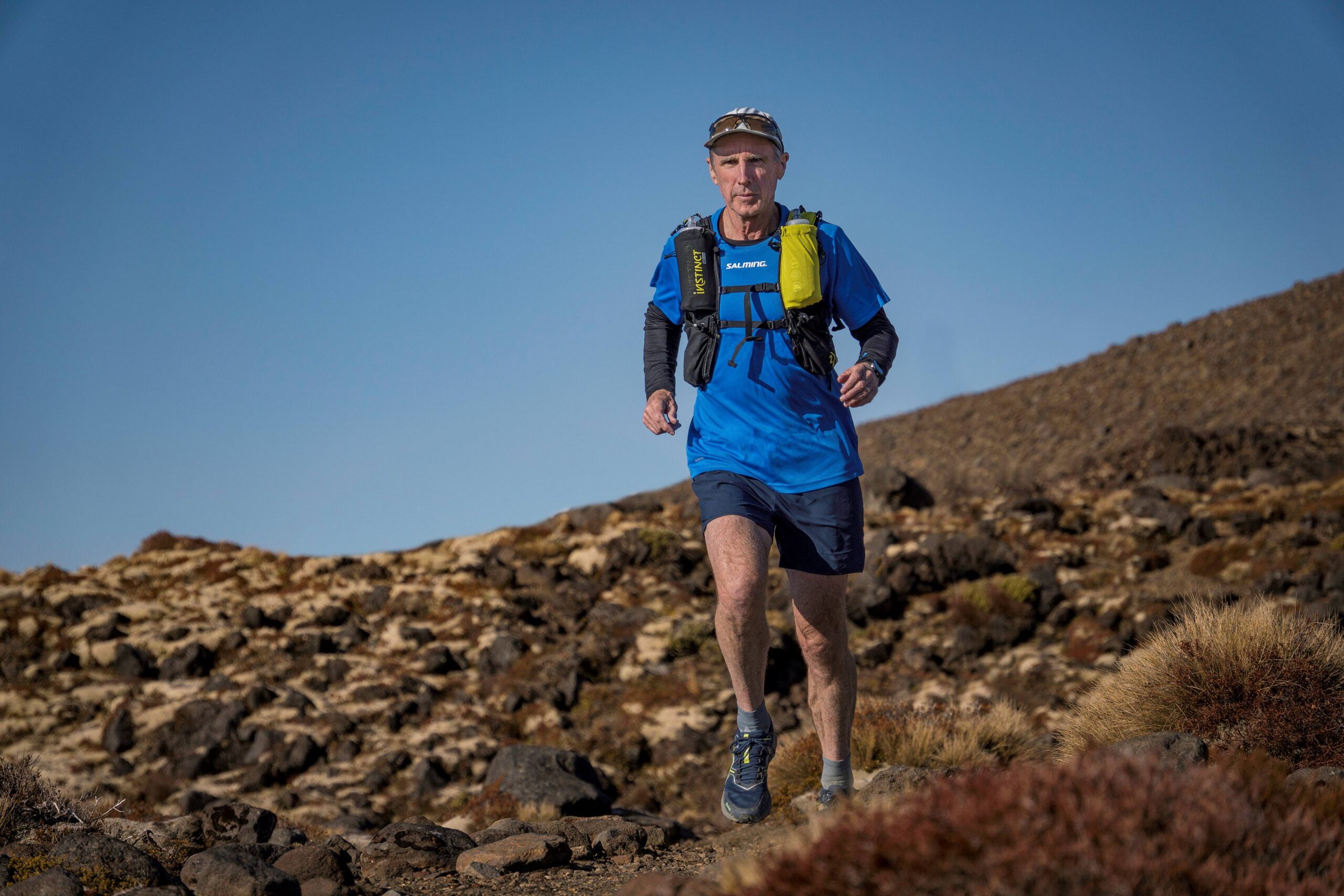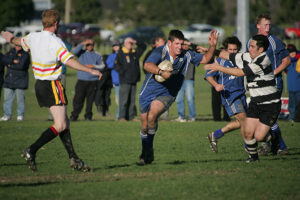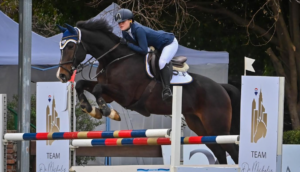Mark Samson’s living room floor is covered in running gear and survival supplies. The 63 year old Waihi resident is preparing his 25 litre hiking pack for the experience of a lifetime – the For Rangers Ultra in Kenya.
Billed as “an epic self-sufficient foot-race”, the ultramarathon covers 230 kilometres over five days, beginning on September 4. The trail will take 100 runners through five different wildlife conservancies, most of which are not open to the public.
The beneficiaries of this once-in-a-lifetime extreme event are the rangers who patrol the conservancies, defending the endangered wildlife from poachers. During the race, they will also be patrolling, rifles out, to protect the runners as they trek through the heart of the savanna.
Mark, a graphic designer and photographer, found the race on YouTube while researching ultramarathons. Having already visited other parts of Africa in the past, he said signing up was a no-brainer.
“My wife and I, we’re passionate about travel, we’re passionate about wildlife photography and I’m passionate about running. And we’re constantly doing different adventures that combine those things,” Mark said.
“We’re quite passionate about conservation as well. So yeah, it ticked every box for us.”

Once the race begins, Mark won’t be completely deserted. Each night tents and cots are provided; fresh water stations are dotted along the course. Still, it will be a long and difficult trek, with upwards of 40km of ground to cover each day.
It’s mostly dirt roads and four-wheel-drive tracks with no tree cover, and the temperature ranges from about two degrees celsius overnight, to as hot as 30 degrees during the day. The terrain varies from rocky outcrops to dry river beds; through ravines flanked by towering red rock, and across open grasslands under the shadow of Mt Kenya.
“I still haven’t decided [whether to try and win or not] – I think that decision will get made in probably the first 5km,” Mark said of his goals for the race.
“I’m not gonna bury myself in pain to try and win. I’ve got a camera that I’m taking with me, and if I see something spectacular, I’m going to stop and take pictures.
“But I don’t think the event itself is really oriented around winning. It’s an immersive experience and I figure I can’t really lose, because even if something happens and I have to walk the whole thing, you’re never ever going to get [another] chance to be in those wildlife conservancies with rangers around you, protecting you and just being surrounded by the wildlife.”
Win or lose, though, training for the race has been intense.
“I downloaded a programme that was specifically designed for multi day stage races, so I’ve basically just been following that programme since April,” he said.
“And just in this last week I’ve had a few signals that my training’s on track, it’s really starting to hit a sort of peak volume now.”
Mark has been hitting around 100km a week, going through a pair of shoes every couple of months. Luckily, his sponsor, Salming NZ, has helped him out with gear.
“I’ve gone through six pairs of shoes in training … I can get about 1000 kms out of them and [then] the cushioning tends to go,” he said.
The company has also made t-shirts for him to sell, as part of the fundraising portion of his preparations.
“People have [also] been making donations through the website, and we had a fundraising event last week. In total the fundraising so far has reached about $3500. I’ve been blown away,” Mark said.
All the funds from the race and the competitors’ own fundraising goes to the For the Rangers fund, which is run by Save the Rhino International.
“The poaching thing is bigger than I ever imagined. It’s massive cartels,” Mark said.
“They’re hugely funded, way more than the rangers themselves, who’ve got government funding plus backing from Save the Rhino and stuff like that.
“[But] the poachers come out there with all the latest technology. And the ruthlessness – they’ll kill anybody.”
Going up against the poaching cartels is a dangerous job: 1000 rangers have been killed in the past ten years alone. Fundraising helps them pay for valuable life insurance for their families, as well as providing equipment and uniforms.
“It’s a full-on war, there’s no prisoners,” Mark said.
“A lot of the rangers live in what we would judge as pretty poor conditions, and for them to even have a uniform to wear is quite a big deal. So having life insurance and medical insurance for those people is really important.”
Mark continues loading his pack, kitchen scales out as he painstakingly considers the benefit versus weight versus bulk of each item on the list.
He’s eager to get going, especially now his training has hit its peak. The risk of injury and fatigue have him planning to taper off his training efforts, although he will take a few days to acclimatise in Kenya before the race begins.
“I’m conscious not to get too cocky – I’m better off going to the race undercooked than overdone,” he said.
“[But] I’m beyond excited.”
See facebook.com/events/780338986598794/ to donate and follow Mark’s journey.
By ALICE PARMINTER, Public Interest Journalism funded by NZ on Air





